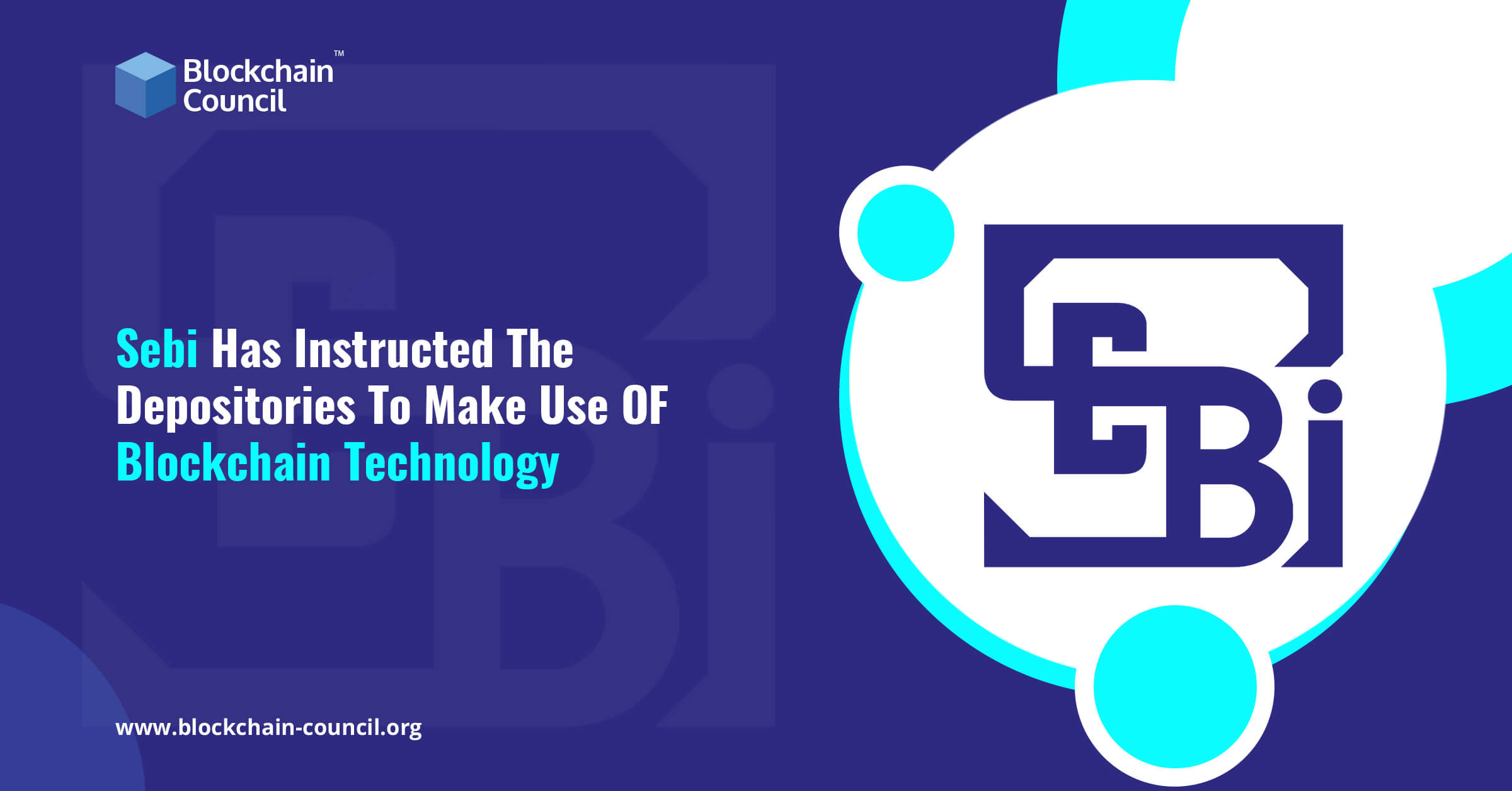
- Toshendra Kumar Sharma
- December 14, 2017
Blockchain in real estate, the new kid around the corner, has taken the world by storm. Despite its recent start and growth, the technology has picked up the pace and finds application in different fields. Owing to flexibility, ease of usage and decentralized operations, many industries are seeing Blockchain based solutions as a perfect solution to do the transactions. Blockchain in real estate is a buzzing topic which has gained popularity amongst the people in this business. The digital operation has never been a part of real estate. Most of the sales in real estate are made offline via face-to-face interaction. Cryptocurrencies have built a strong influence on payments, foreign exchange, and remittance. ICO or Initial Coin Offering is now challenging the stock investing, VC, etc.
The Blockchain technology in real estate is picking up the pace and is gradually taking over the traditional methods of real estate operations. The upsurge of smart contracts in blockchain platforms allows the tokenization of real estate.
There are various ways that Blockchain technology finds application in real estate and the most prominent of it is the TOKENIZATION.
What is tokenization in real estate and how it will help in transforming real estate industry?
Blockchain technology is a broad field, and this is used differently as per the requirement. Property tokenization is one application of Blockchain in real estate which is very popular.
Property Tokenization- Blockchain in Real Estate
Token, as the name indicate, is a significant value representing something. When used in the real estate perspective, then it represents real property buy in the form of digital tokens.
The buyers or the investors buy this token of specific value. You may consider it similar to buying a share.
These tokens entitle the holder or the buyer to own a certain percentage of the property. The buyer gets the assured share in the said project with assurance. The seller or the contractors, on the other hand, can sell the tokens to raise the funds to complete the project.
To sum it up, both the buyer and seller remain happy and satisfied. The contractors can raise the funds to construct the project while the future owners get the guarantee that they will receive the return on their ownership share.
To ensure that both the seller and the buyer remain honest with each other, there is a smart contract which regulates the relationship between both the parties.
Benefits of Tokenization-
It sounds fascinating and promising. There are various benefits of tokenization, apart from assurance to both the parties.
Here are some of the benefits that property tokenization offer-
- Secure distribution of profits from real estate
- Simplified registry
- Complete tractability and verification of all the transaction using Blockchain
- Low entry threshold for real estate investors
Example of property Tokenization-
ATLANT recently launched its own ICO. This platform uses Blockchain technology to facilitate real estate transaction and rental property transactions.
ATLANT allows sellers to tokenize property assets, which makes its handling similar to the stock sale. It will enable liquidating the asset by selling the token using this platform. You can later exchange these tokens for fiat currencies.
Fractional ownership is another application of Blockchain in real estate. By allowing fractional ownership, it lowers the barriers to real estate investing. Typically, the real estate investment needs to be supported by an upfront payment of money to acquire the property. But with the help of fractional ownership, investors can pool the money to buy a more significant asset.
3 Benefits of Blockchain in Real Estate-
Faster and Easier transactions- Usually real estate transactions involve many people like the buyer, seller, layer, appraiser, banks, etc. With the Blockchain technology in real estate, all the critical data of transactions are stored in the Blockchain database.
Lesser fraud – Frauds are common phenomena when it comes to real estate transaction. Blockchain eliminates it by offering reliable database. This database contains ownership certificates which are easily accessible to the buyer and not to the third party.
Transparency- The success of any business depends on transparency between the buyer and the seller. Since all the information in Blockchain remains accessible to the buyer and seller and if any change gets stored in the ledger, both the parties can view it and thus, it ensures transparency between both the sides.
Takeaways
These are some of the benefits of Blockchain in real estate. It’s not the benefits for the buyer and the seller but, at the same time, it cuts down the involvement of several intermediaries. Although the current attempts of Blockchain technology in real estate look promising, it still has to deal with miles of red tape to become a part of mainstream business.





































































 Guides
Guides News
News Blockchain
Blockchain Cryptocurrency
& Digital Assets
Cryptocurrency
& Digital Assets Web3
Web3 Metaverse & NFTs
Metaverse & NFTs
